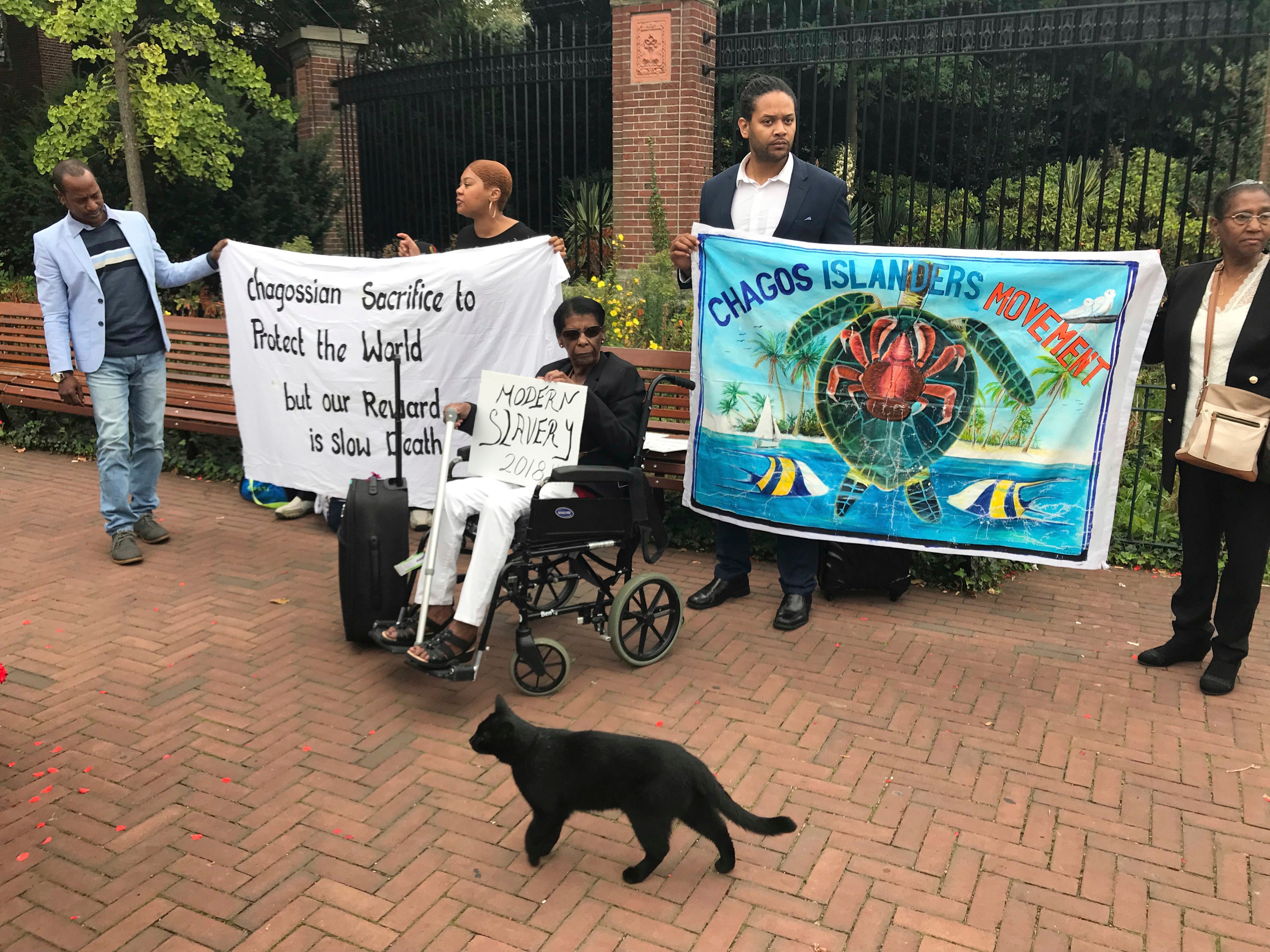Human Rights Watch condemns UK, US actions on Chagos Islands
A human rights group says Britain and the United States committed crimes against humanity when they forced the people of the Chagos Islands in the Indian Ocean to leave their homes five decades ago to make way for a U.S. Navy base

Britain and the United States committed crimes against humanity when they forced the people of the Chagos Islands in the Indian Ocean to leave their homes five decades ago to make way for a U.S. Navy base, a rights group charged Wednesday, calling on the two governments to let the Chagossians return.
Human Rights Watch also said Britain and the U.S. should pay compensation to the Chagossians and apologize for their treatment of the islanders.
“The forced displacement of the Chagossians and ongoing abuses amount to crimes against humanity committed by a colonial power against an indigenous people,” the rights group said. “U.K. colonial rule in the Chagos Archipelago, unlike in most of its other colonies in Africa, did not end in the 1960s, and it has continued at extraordinary cost to the people of Chagos.”
The Chagos Islands are the heart of the British Indian Ocean Territory, some 6,000 miles southeast of London and home to the U.S. Navy base at Diego Garcia. The base was built in the 1970s and provides what American authorities have described as “an all but indispensable platform” for security operations in the Middle East, South Asia and East Africa.
But Diego Garcia has been the source of controversy for decades because the islands were home to about 1,500 people when discussions about the base began in the 1960s. In addition, the islands historically had been administered as a dependency of Mauritius, a U.K. territory that was then moving toward independence.
Those facts were a problem because the U.S. wanted the freedom to build the base on Diego Garcia without facing local political opposition.
As a result, Britain decided to separate the archipelago from Mauritius before it became independent and removed the Chagossians from the islands between 1967 and 1973.
There are now about 10,000 Chagossians who live primarily in Britain, Mauritius and the Seychelles. The consulting firm KPMG, which conducted a feasibility study for the government, said in 2014 that everyone who took part in consultation meetings wanted to return to the islands permanently.
The government in 2016 refused to allow the Chagossians to return to their homeland, citing “feasibility, defense and security interests, and cost to the British taxpayer.”
But it also acknowledged that the original removal of the islanders was wrong, granted them citizenship and set aside 40 million pounds ($49 million) to improve the lives of Chagossians around the world.
“The manner in which the Chagossian community was removed from the Territory in the 1960s and 1970s, and the way they were treated, was wrong and we look back with deep regret,” the government said at the time.
Bookmark popover
Removed from bookmarks